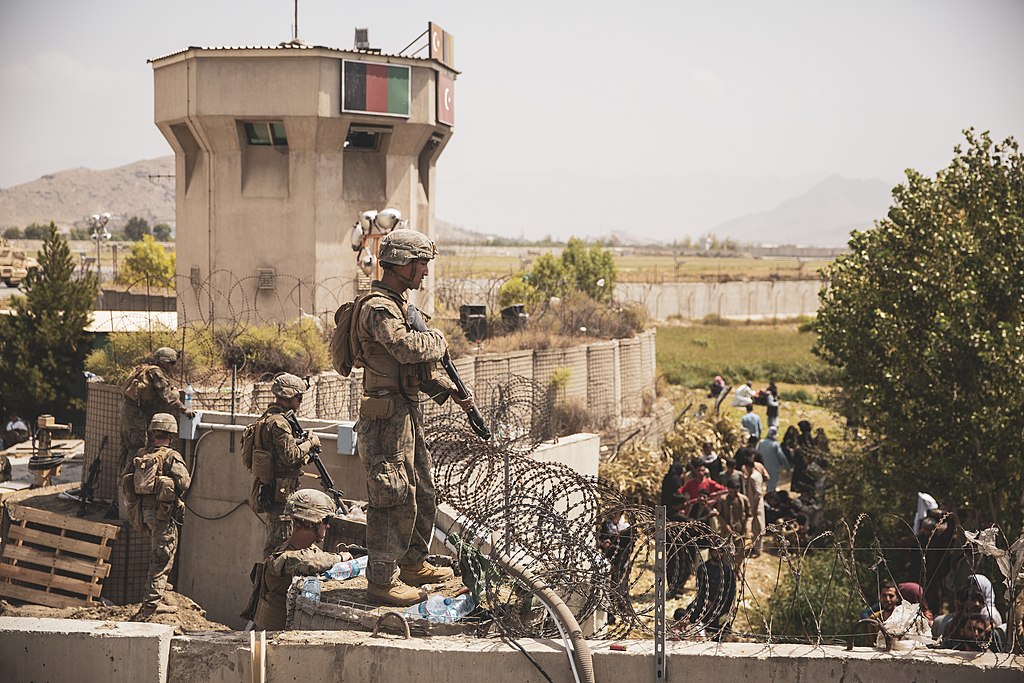The House Foreign Relations Committee is set to hold its first hearing Wednesday on the August 2021 botched withdrawal of U.S. troops from Afghanistan.
Thirteen U.S. service members were killed and 20 others were wounded when a member of the terrorist organization ISIS-K detonated a suicide bomb near Kabul’s airport amid the evacuation. More than 150 Afghan civilians were also killed.
The committee, led by Chair Michael McCaul (R-TX), will hear from several Afghanistan War veterans, some of whom were directly involved in the evacuation.
House Oversight and Accountability Committee members in February sent letters requesting information from White House, Pentagon, State Department, Department of Homeland Security, USAID and the Joint Chiefs of Staff.
Republicans had tried to start their investigation in August 2021 amid the withdrawal, but were unable to do so because they only had minority control of the House at the time.
In a 115-page interim report last fall, McCaul blamed the Biden Administration for the chaos at the airport, pointing to a failure to properly plan for possible contingencies ahead of the withdrawal. The Administration has since conceded that it underestimated how quickly Afghanistan’s military would fall apart.
The Trump Administration had agreed to withdraw U.S. forces from Afghanistan by May 2021. Former President Trump had said in 2020, “Now it’s time for somebody else to do that work.”
However, on April 14, 2021 President Biden announced that it was “time to end the forever war,” declaring that all troops would be removed from Afghanistan by September 11 of that year.
In a speech explaining his decision, Biden said he’d “inherited a diplomatic agreement” between the U.S. and the Taliban. “It is perhaps not what I would have negotiated myself, but it was an agreement made by the United States government, and that means something.” He added that final troop withdrawal would begin on May 1.
The suicide bombing, along with the rapid collapse of Afghanistan’s government and military, led to a refugee crisis amid the Taliban’s takeover. Left behind were an estimated 78,000 Afghans who worked for the U.S. and have applied for special visas, according to a nongovernmental organization (NGO) report by the Association of Wartime Allies.
Legislation to create a path to residency for these Afghans, including translators, interpreters and other strategic partners, was stalled during the lame duck session of the 117th Congress.
Bipartisan lawmakers who hoped to add the Afghan Adjustment Act, ensuring the Afghans’ legal residency, to the end of the year omnibus spending bill. However, supporters of the bill believe their efforts were forestalled by a singular lawmaker: Sen. Chuck Grassley (R-IA), the top Republican on the Senate Judiciary Committee, which oversees immigration issues.
Grassley has argued that the bill goes too far by including evacuees beyond those “who were our partners over the last 20 years,” and that it provides a road to residency without the proper screening required.
Biden rarely brings up the withdrawal from Afghanistan, although he forcefully defended it at the time, saying, “I was not going to extend this ‘forever war,’ and I was not extending a ‘forever exit.'”


